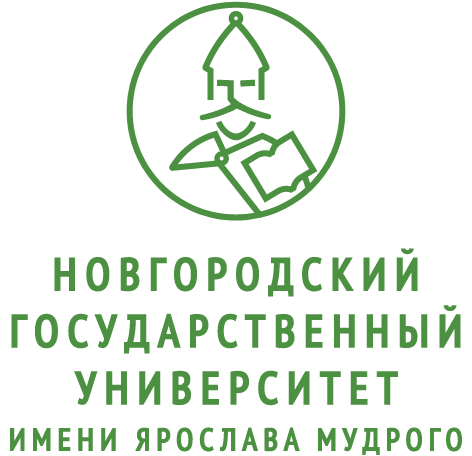Глаголы-англицизмы в русском языке XIX в.
DOI:
https://doi.org/10.34680/VERBA-2024-1(11)-21-36Ключевые слова:
историческая лексикология, заимствование, англицизмы, глагол, вариантностьАннотация
Представленное исследование показывает перспективность использования диахронического подхода при изучении процесса заимствования, определения его характерных особенностей и основных тенденций в тот или иной период развития языка. Работа была проведена с целью выявления группы глаголов-англицизмов в русском языке XIX в., оценки их количественного и тематического состава, рассмотрения особенностей адаптации. На основании историко-лексикологических изысканий и выработанных критериев было выявлено девять глаголов, относящихся к сфере спорта, техники, общественно-политической области, что значительно меньше числа глаголов, заимствованных в это время из французского и немецкого языков. Сложность определения языка-источника, путей вхождения иноязычных глаголов, отделения заимствований от образований на русской почве делает необходимым использование корпусных лингвистических методов, тщательной работы с разножанровыми источниками, что показано в статье на примере глаголов татуировать и стартовать. Представленные в статье историко-лексикологические данные позволили уточнить время вхождения англицизмов и дать их первую лексикографическую фиксацию. В работе показана конкуренция суффиксов при оформлении заимствуемых глаголов, приводящая к широкой вариантности, при этом суффикс -ирова- оказался наиболее продуктивным при оформлении нормативных вариантов англицизмов. Также в статье показано, что образование префиксальных коррелятов становится характерной чертой «жизни» новых глаголов в русском языке, при этом часто сохраняется их двувидовость. Современные данные интернета отражают процесс расширения префиксов, задействованных в оформлении совершенного вида заимствованных глаголов, что показано на примере глагола бойкотировать и флиртовать. Характерной чертой заимствования является параллельное вхождение однокорневых слов (скальп, скальпировать; интервью, интервьюировать и др.), а также широкое развитие гнезд при попадании слова в фокус общественного внимания (флирт, флиртировать, флиртовать, флиртация, флиртирование, флиртистка).
Скачивания
Загрузки
Опубликован
Как цитировать
Выпуск
Раздел
Лицензия
Copyright (c) 2024 Verba

Это произведение доступно по лицензии Creative Commons «Attribution-NonCommercial» («Атрибуция — Некоммерческое использование») 4.0 Всемирная.








